Subscribe to our Newsletter
Sign up for our newsletter to receive the latest updates and exclusive content straight to your inbox.
SCP Health Thought Leadership
Nov 2024
Sign up for our newsletter to receive the latest updates and exclusive content straight to your inbox.

A physician-led team of clinical specialists in emergency, hospital, and critical care medicine, supporting local clinical practices with national resources to deliver high-quality patient care in the communities we serve.
Copyright © 2024. All rights reserved.
Please visit SCP Health’s Insurance Request Portal to submit requests related to medical malpractice liability insurance such as coverage verifications and claims history reports. To request certificates of insurance please contact insurance@scphealth.com. If you experience issues with the portal submission or have a question about the process, please reach out to SCP Health’s Risk Management, Safety and Insurance Department at RM@scp-health.com or 337-609-1250.
By clicking the “Submit” button, you are agreeing to the SCP Heath Terms of Use and Privacy Policy
By clicking the “Submit” button, you are agreeing to the SCP Heath Terms of Use and Privacy Policy
By clicking the “Submit” button, you are agreeing to the SCP Heath Terms of Use and Privacy Policy
By clicking the “Submit” button, you are agreeing to the SCP Heath Terms of Use and Privacy Policy
By clicking the “Submit” button, you are agreeing to the SCP Heath Terms of Use and Privacy Policy
By clicking the “Submit” button, you are agreeing to the SCP Heath Terms of Use and Privacy Policy
By clicking the “Submit” button, you are agreeing to the SCP Heath Terms of Use and Privacy Policy
By clicking the “Submit” button, you are agreeing to the SCP Heath Terms of Use and Privacy Policy
By clicking the “Submit” button, you are agreeing to the SCP Heath Terms of Use and Privacy Policy
Please provide your contact information. An SCP representative will contact you accordingly.